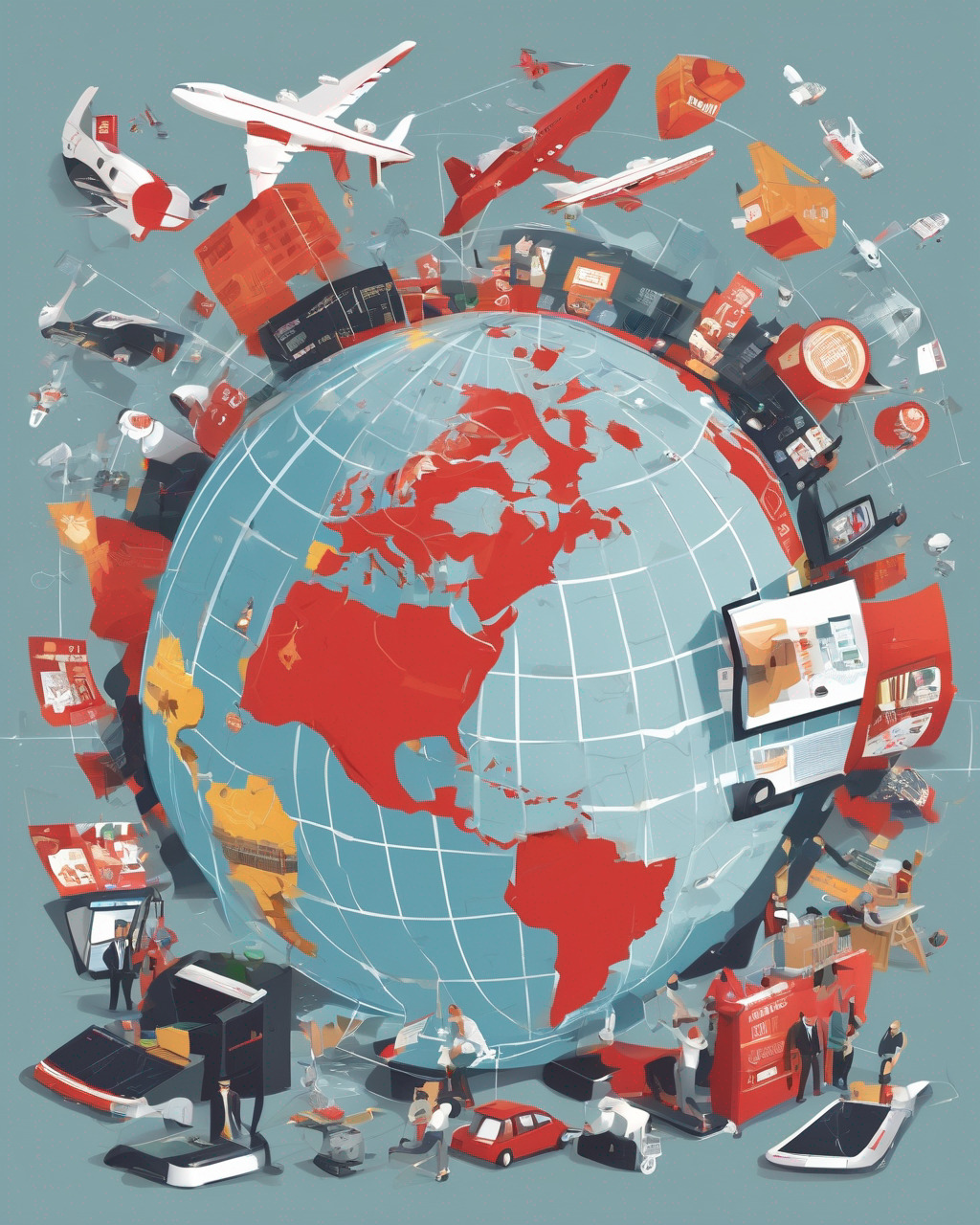Navigating E-commerce Challenges: How Trump Tariffs Disrupt Global Hobby Markets
 Max Mayer
Max Mayer
The recent implementation of tariffs by the Trump administration has significantly impacted the e-commerce landscape, particularly for hobbyists and collectors using platforms like eBay. This shift has transformed the purchasing experience for consumers seeking goods from overseas, complicating transactions and inflating costs. As international shipping becomes more cumbersome, the implications for both buyers and sellers are profound, creating logistical challenges that extend far beyond mere price increases.
The Tariff Landscape
In 2018, the Trump administration introduced a series of tariffs on various goods imported from countries like China, citing national security concerns and the need to protect American industries. These tariffs have escalated into a broader trade conflict, affecting numerous sectors, including technology, textiles, and consumer goods. The tariffs typically range from 10% to 25%, depending on the product category, which directly impacts the final price consumers pay for imported items. For hobbyists who rely on international suppliers for niche products—such as rare collectibles, model kits, or specialized tools—these tariffs have turned what was once a straightforward purchasing process into a complex and costly endeavor.
Complications in E-commerce
The e-commerce platform eBay, which serves millions of users worldwide, has felt the brunt of these changes. Many sellers who previously sourced their inventory from abroad now face increased costs, which they are often compelled to pass on to buyers. For instance, a model kit that once cost $50 may now be priced at $60 or more due to tariffs and increased shipping fees. This price inflation can deter potential buyers, leading to decreased sales and a less vibrant marketplace.
Moreover, the logistical challenges associated with international shipping have intensified. Customs delays have become more common, and tracking shipments has become increasingly complicated. According to a report by the U.S. Census Bureau, the average time for customs clearance has increased, causing frustration among consumers who expect timely deliveries. This situation is exacerbated by the COVID-19 pandemic, which has already strained global supply chains and logistics networks.
Impact on Hobbyists
For hobbyists, the implications of these tariffs and logistical challenges are particularly significant. Many rely on eBay to find specific items that may not be available domestically. As prices rise and shipping times extend, the accessibility of these goods diminishes. This not only affects individual buyers but also impacts small businesses and independent sellers who depend on eBay to reach a broader audience. The community aspect of hobbies, where enthusiasts share and trade items, is also threatened as the costs and complexities of transactions increase.
Long-term Implications
The long-term effects of the Trump tariffs on eBay and similar platforms could reshape consumer behavior and the e-commerce landscape. As buyers become increasingly aware of the additional costs associated with international purchases, they may shift their focus to domestic products, potentially stifling the growth of international trade. This shift could lead to a more insular market, where consumers have fewer options and higher prices for goods that were once readily available from overseas.
Additionally, the tariffs may encourage sellers to seek alternative markets or platforms that are less affected by these trade policies. Some may choose to relocate their businesses to countries with more favorable trade agreements, further complicating the landscape for American consumers.
Conclusion
The introduction of tariffs by the Trump administration has created a chaotic environment for eBay users, transforming the experience of buying and selling hobbies into a logistical minefield. As prices rise and shipping becomes more complicated, both consumers and sellers must navigate this new reality. The implications of these changes extend beyond immediate costs, potentially reshaping consumer behavior and the e-commerce landscape for years to come. Understanding these dynamics is crucial for anyone engaged in international trade or e-commerce, as the effects of tariffs continue to ripple through the market.
📚 Sources
reddit.com | 404media.co | 404media.co | mastodon.social | currentstatus.io
This post was researched and generated using multiple sources to ensure accuracy and provide comprehensive coverage of the topic.
Subscribe to my newsletter
Read articles from Max Mayer directly inside your inbox. Subscribe to the newsletter, and don't miss out.
Written by
